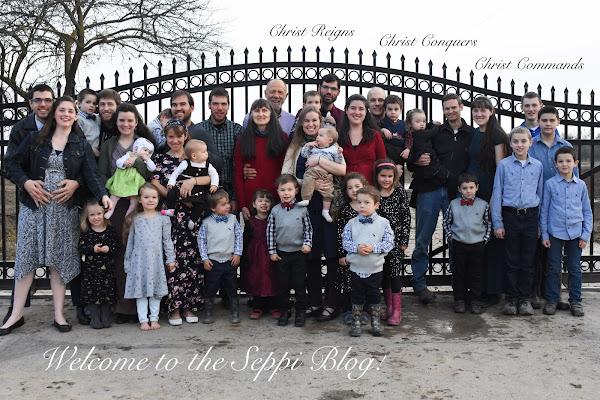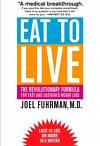Pro
Proposition 2 proposes to give chickens enough room to stretch their wings and for pigs and veal calves to turn around freely. Sponsored by the Sierra Club, Rep. Maxine Waters, Caesar Chavez Foundation and the Union of Concerned Scientists, the initiative purports to phase out extreme confinement of animals raised for food.
Paul Shapiro, from the Humane Society,
He pointed out that
Con
Concerns are raised that it will send the egg industry out of state and to
Opposition includes NAACP, numerous labor unions, who say Prop 2 will hurt working families and send thousands of jobs out of state. Others in opposition include Veterinarian groups, local Supervisors Steve Worthley, Phil Cox and Rep. Devin Nunes.
Nancy Riemers, DVM, who works daily with farmers as a poultry vet, and says the industry would simply have to move. “Proposition 2 isn't going to change how
“The wingspan of the chicken is about 28 inches and so proposition 2 proponents are asking for somewhere around 5.4 ft.² per bird.” Under this criteria Prop 2 would outlaw even the current cage free practices.
Chicken farmers started caging hens in the 1930s, separating them from their waste and optimizing temp, light and air flow. Hens are housed in small social groups, with eggs carried away by a conveyer belt.
Dr. Riemers pointed out that
Reimers made it clear that keeping chickens healthy is essential to egg ranches. “If they don't take care of their hens they will be out of business.”
A Personal Perspective
Personally, I observe that free range chickens produce healthier eggs. When we had chickens, my siblings could throw the eggs and they would often not break and the yolks were darker yellow from all the greens the birds ate.
Commercial egg raising either “cage free” or in commercial cages is not always a pretty sight. Chickens peck, when pens get muddy, they look dirty and some get the habit of eating their own eggs. Commercial egg ranchers have these problems figured out. Separate hens from their waste, with eggs automatically carried away on a conveyer belt. My little brother would love to see that invention.
Prop 2 assumes that the free market cannot correct problems. What about creating a voluntary standard for ranches to adopt earning a special “certification” insignia, thus exposing the rest for not complying?
We live with what Ron Paul called “a subsidize or ban mentality.” We have to pass state or federal regulations to force business to act a certain way, when we should work from the bottom up creating a market – not the strong arm of the state taking money from some to regulate others.
Laws protecting animals are ancient. The Torah allowed God’s people to take the eggs of a wild bird’s nest, but not the mother – God wanted life to go on. If a neighbor’s animal was found, the finder was obligated to care for and feed the animal until returned to the owner. Oxen were not to be muzzled while treading out the grain during harvest. The worker – even cattle should be paid for their labor.
Does this mean that we should regulate how many inches should be allowed for each bird? Is that the job of government?
Our family follows a plant based diet. We have rarely bought commercially farmed eggs in the last 20 years. We occasionally get some from a friend with scrap fed, barn yard chickens. While we choose this way, we do not want to force every one else to do the same.
We recommend NO on prop 2.




























































1 comment:
Miss Regina, excellent article and good points. Since the note the other day and my comments there, I've thought about this situation (mostly whilst outside taking care of brainless tasks about the property here...) and one aspect I thought of doesn't seem to be under consideration. We humans tend to impose OUR standards of comfort and "need" on other animals, and wrongly so. The example of a three-legged dog comes to mind. If you've ever known one, they exhibit not the slightest sense of remorse, sadness, regret, wishful thinking. They are incapable of considering the "what if" scenario we humans do. He's got but three pins, and uses them as best he can to get about his daily rounds. Had he all four, he'd simply use the other one as well. A chicken or veal calf raised in close confinement has no idea of what else is possible, and thus cannot "feel sad" for it's (im-)perceived "lack. It simply deals with the situation as found. Unless the animal is in pain, (they're not, as animals in pain do not yield good product) there is simply no issue.
I certainly wish the groups that promote such "humanitarian" issues would turn their efforts to the situation of babies yet within their mothers' wombs who are dismembered, burned, or otherwise destroyed, under conditions known to produce excruciating pain for them. Now THAT is an issue of unnecessary cruelty, not to mention the termination of a life that has done no wrong and has had no say in the matter. Interesting our culture are more concerned about the "comforts" of chickens, pigs, veal calves, than humans. How's that for a twisted value shift? Take this to its extreme and we've got what we see in India, where rats, monkeys, and cows are held to be gods and are left to do as they will, eating anything they can find, whilst thousands of people have not to eat daily.
We who have tasted the difference between hand raised animal products and the factory raised substitute will be perfectly free to "vote with our purses" without this law being passed.
Post a Comment